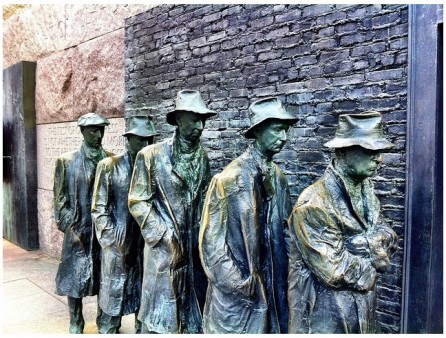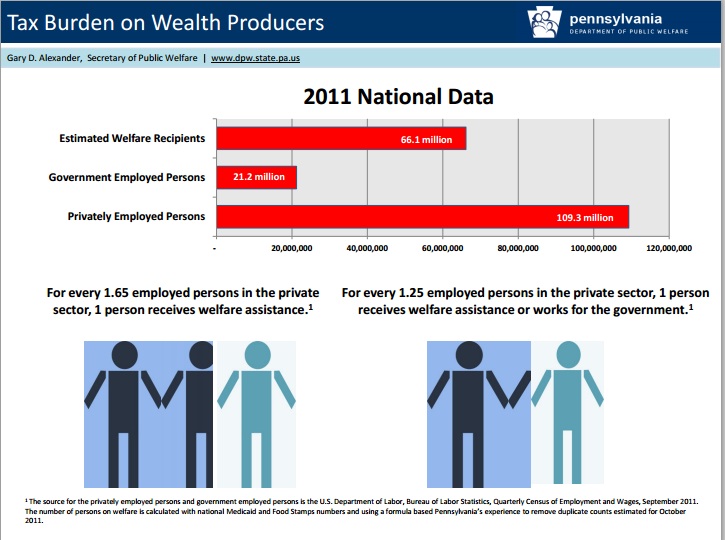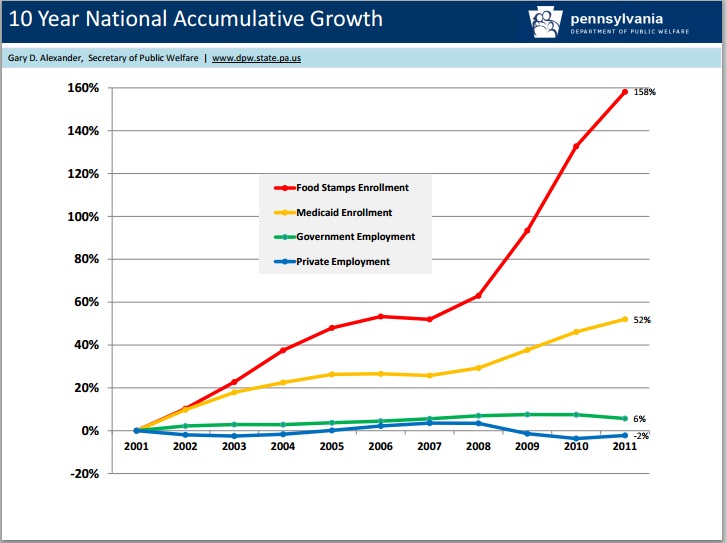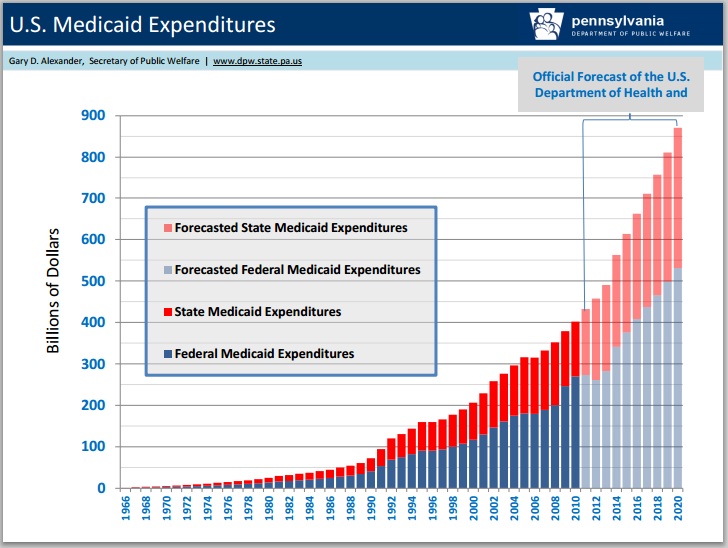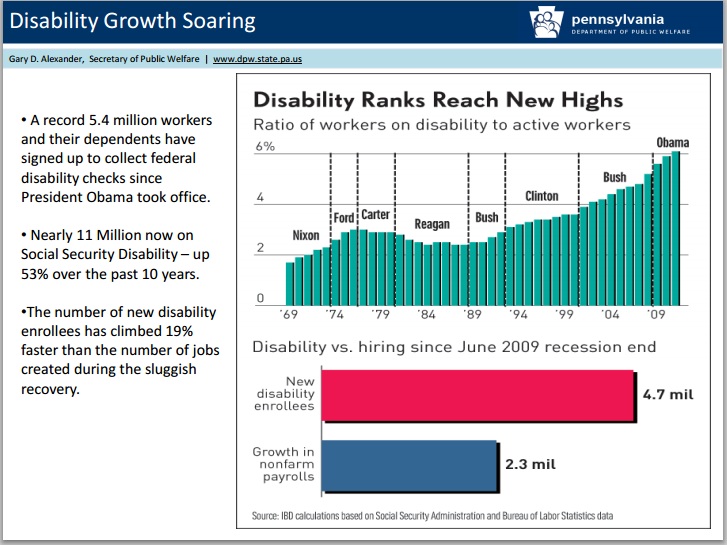I want to comment a bit about one leg of our immigration policy, that of what to do about the illegal aliens currently present in the US.
Roberto Suro has a recent piece in The Washington Post that bears on this; although he talks primarily about a second leg of our immigration policy, one that also must be solved: how we let aliens into our country (an immigrant is someone who intends to settle permanently, so I’ll stick to aliens in this post). All three legs (entry, border security, the existing population of illegal aliens and immigrants), though, must be handled together, or the totality of our immigration policy will continue to be the failure that it is today.
Suro noted,
Along with the many [immigrants] looking to make a permanent home in the United States came those who had no intention to stay, and who would make some money and then go home. Between 1908 and 1915, about 7 million people arrived while about 2 million departed. About a quarter of all Italian immigrants, for example, eventually returned to Italy for good.
Today, we are much more rigid about immigrants. We divide newcomers into two categories: legal or illegal, good or bad. We hail them as Americans in the making, or brand them as aliens fit for deportation.
And
To start, we can recognize the new birds of passage, those living and thriving in the gray areas. We might then begin to solve our immigration challenges.
…
If we accept that there are spaces between legal and illegal, then options multiply.
The second part, though, is simply wrong. There can be no gray area between legal and illegal; that would only perpetuate the limbo in which the illegal aliens currently exist. Instead, we need to broaden what constitutes legal, and make it easier for these folks to comply.
Who are these folks living this shadow existence? They are crop pickers, violinists, construction workers, entrepreneurs, engineers, home health-care aides and particle physicists. These folks are active participants in a global economy driven by the flow of work, money, and ideas; they wish to come and go as opportunity calls them. They manage to have—they often are forced to have—a job in one country and a family in another. Thus, they are forced to straddle—or avoid—the laws of multiple jurisdiction, with particular emphasis in this context US law on the part of the worker.
Nevertheless, we need them in the US being productive while they’re here, and it’s unnecessary to force them to choose to be here permanently, or to lie about their intent to be here permanently as a precondition for being here legally at all in order to achieve that.
Thus, I propose the following for the current population of illegal aliens. I’ve proposed a general idea elsewhere, and Congressman Luis Gutierrez (D, IL) and Senator Marco Rubio (R, FL) have ideas that bear on this.
We should issue a “green card lite” for those who come and go at a relatively high rate—migrant workers, for instance, but not exclusively. Such a card would be good for an extended number of years, allowing the holders to cross the border multiple times as their (seasonal, perhaps) work requires, without having to go through the entry bureaucracy—or risk coyote depravations—each time they want to reenter. The folks who are here already and want such a card, though, must provide documentation to support their claimed work history.
Additionally, in support of that documentation requirement, I suggest a one year amnesty for employers of (potentially, from their perspective; I assume the good intentions of the vast majority of employers) immigrants, illegal or legal, so those employers can provide their documentation supporting the (illegal) immigrant’s application without fear of government reprisal.
Moreover, a regular green card, for those who aver a longer duration/steadier residency should be far more easily requestable and far more quickly issued, with a similar requirement for work history documentation from those who are already here and want to come out of the shadows. The employer amnesty should be extended to employers of this group for the same reason.
Note, though, that I’m not proposing amnesty for the illegal aliens themselves. As many have suggested, these must pay a penalty, variously including a fine and/or a requirement to leave the country and then to reenter legally. I believe that both penalties should be applied. The fine, though, must be sized to the illegal alien’s ability to pay, and it must be large enough to sting but not so large as to be an impenetrable barrier. The requirement to leave the country and return, though, I hold can be satisfied by traveling to the nearest consulate in the US, paying their fine, and applying for their green card from within that consulate.
On the other hand, those who’ve used falsified or stolen documentation (e.g., a false or stolen social security number) to facilitate their getting hired must pay a sterner penalty. These must leave the US voluntarily for some period of years before applying for a green card (lite), and they must apply as though they have no work history to claim (they’d a first-time immigrant, now). Failure to leave voluntarily should result in deportation, never to be allowed back in.
Finally, notice that there is nothing in this that presupposes the now legal immigrants wanting to become citizens. Nor need there be. As demonstrated by those immigration statistics at the beginning, when folks are in our country openly and freely, our country sells itself.
Let’s not forget, though, the other two legs of our immigration problem. We also need to look at the difficulties we inflict on those who want to enter our country for legitimate purposes—to settle here, for instance, or to “make some money and then go home.” And we also need to get serious about securing our borders so that we do a better job of filtering out the ones who come here with nefarious purposes so that only those who want to come here to settle and contribute, perhaps (but not necessarily) to become citizens, or to be here for a time and then go home, can do so.

